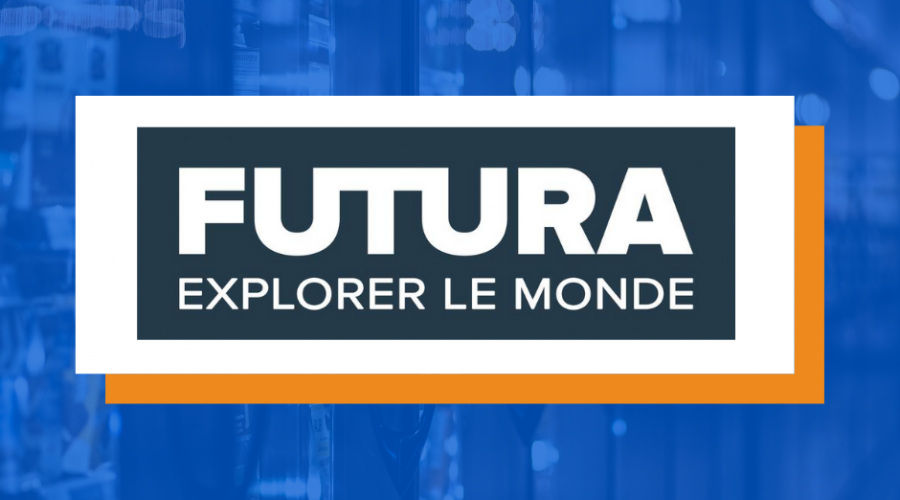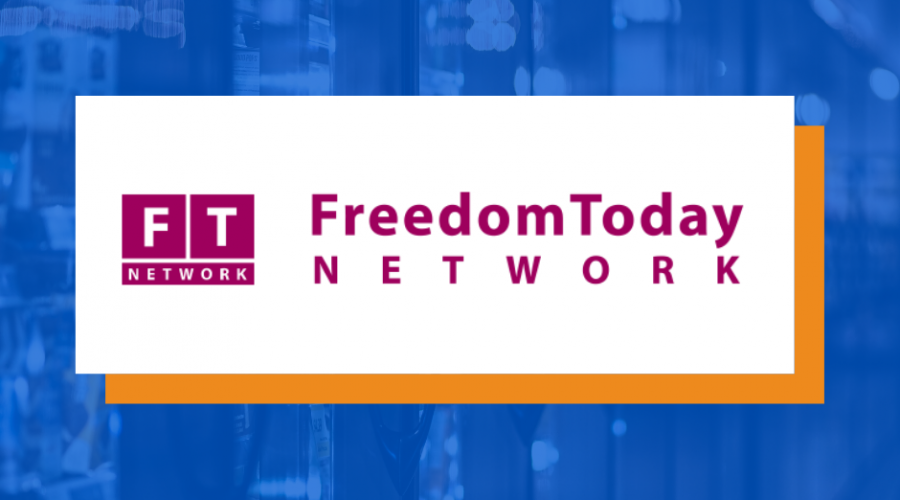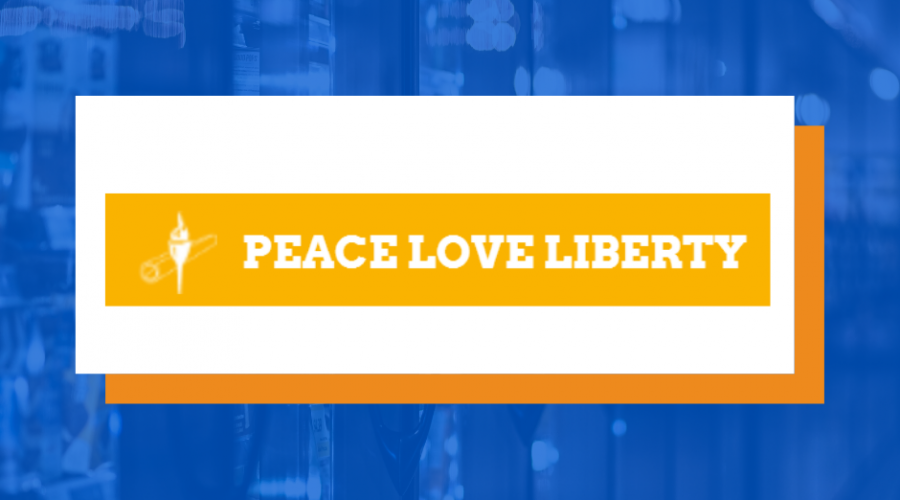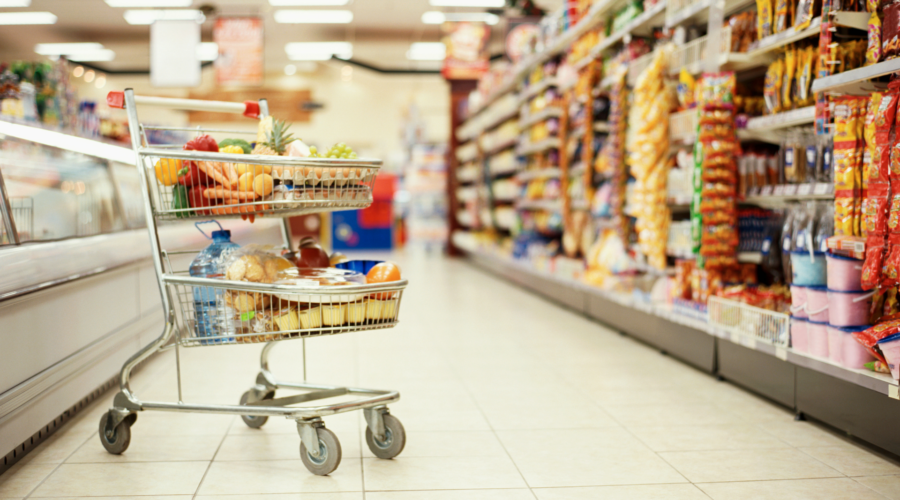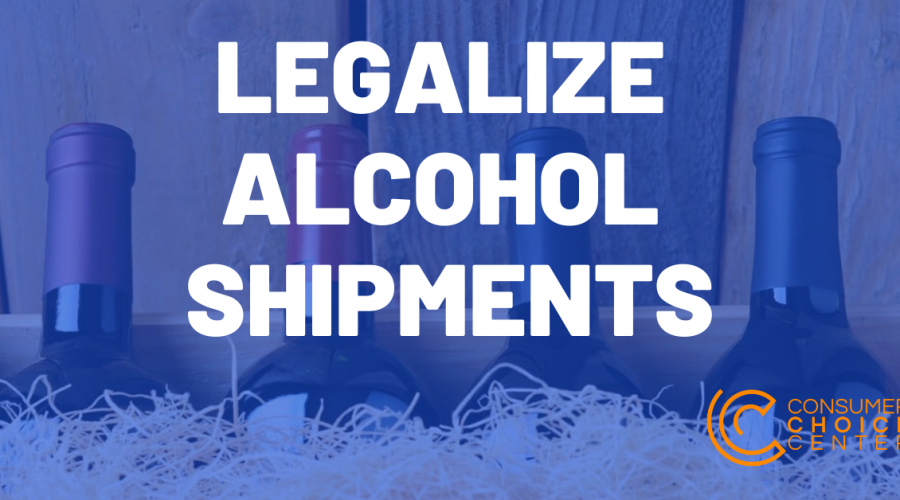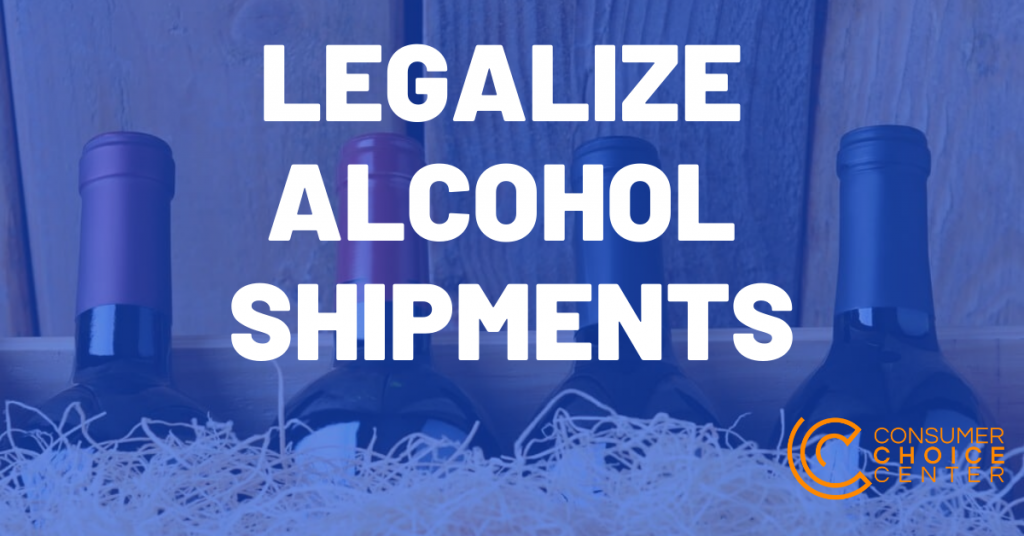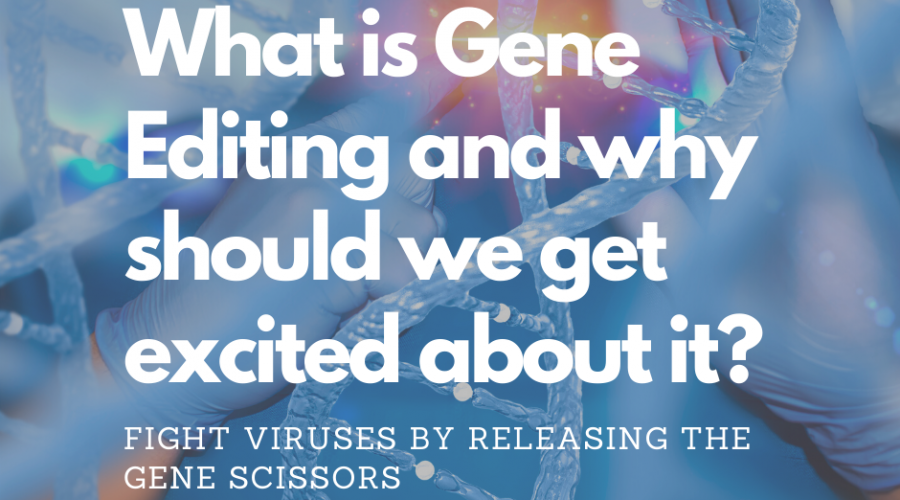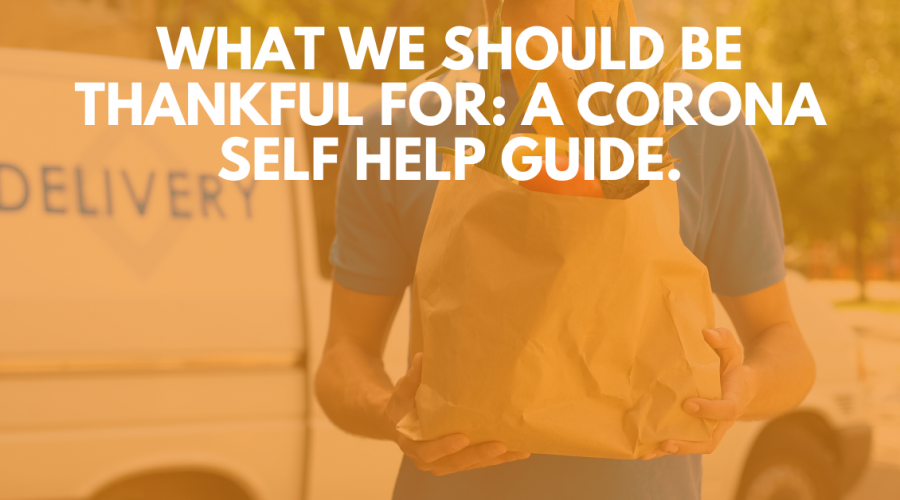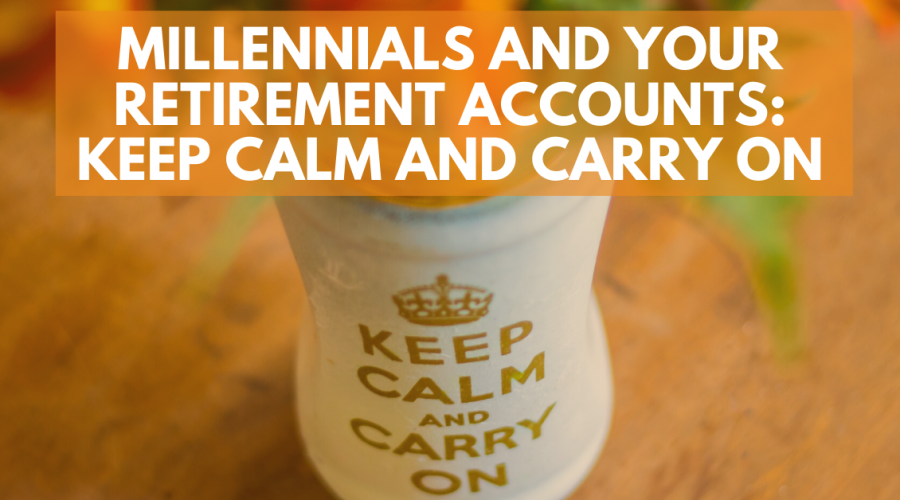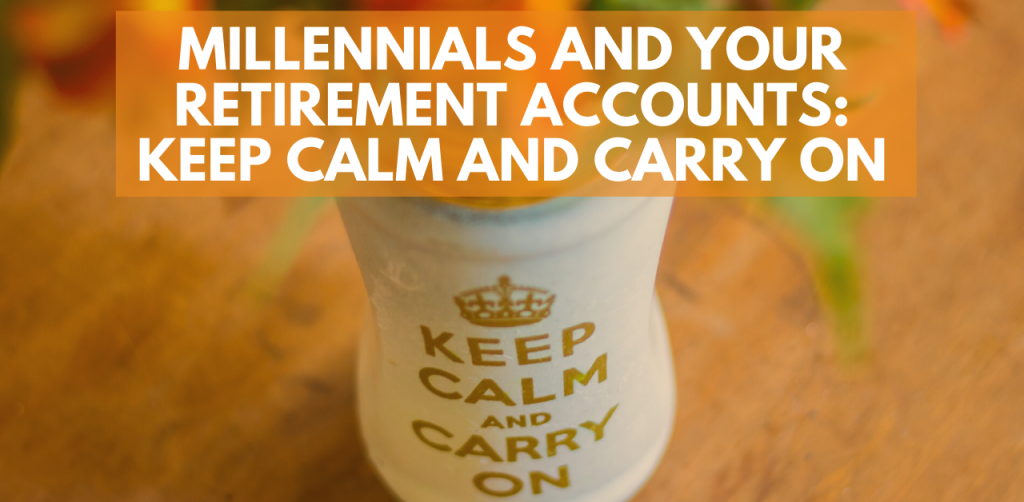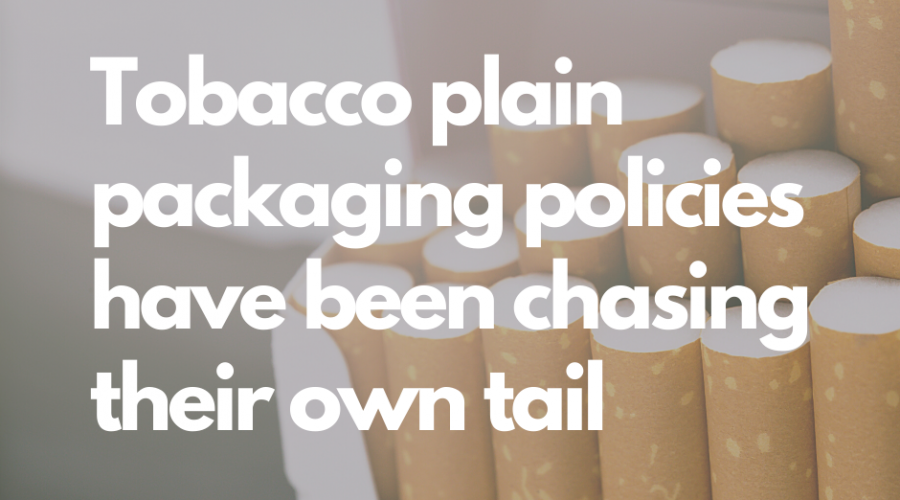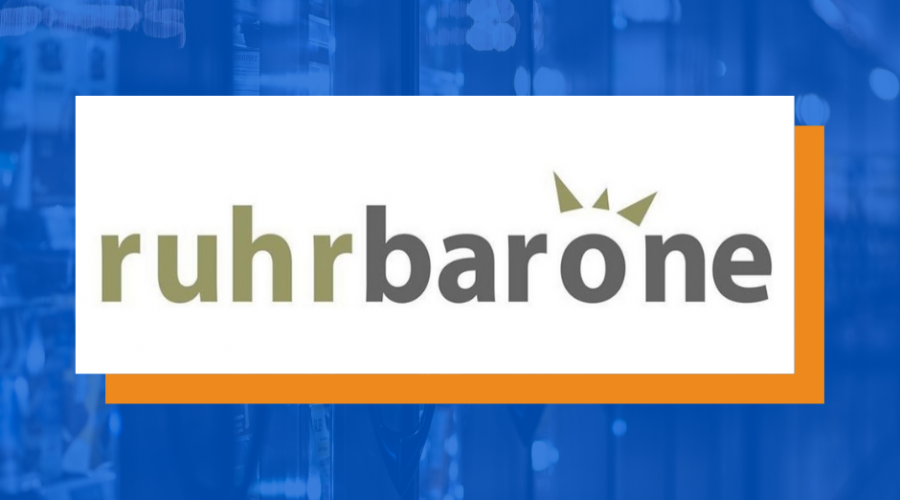Libra : Facebook va revoir sa copie sur sa monnaie virtuelle
Pour ne pas froisser les États et les banques, Facebook va changer la stratégie du Libra et proposer une solution de paiement global à l’image de PayPal. Le réseau social ne compte pas pour autant abandonner les principes fondamentaux de sa cryptomonnaie.
Lors de la présentation de sa cryptomonnaie Libra en juin dernier, tout s’annonçait pourtant bien pour Facebook. Gérée par une fondation suisse et épaulée par de grands noms de la finance, tels PayPal, Visa et Mastercard, le développement de la monnaie a très rapidement été freiné par des tirs de barrage provenant des États. La France, en premier lieu, considère illégale la création d’une telle monnaie par une société privée. La crainte de l’utilisation de la devise universelle pour réaliser du blanchiment d’argent a aussi pesé beaucoup sur la remise en question du Libra. Au final, les partenaires qui pesaient le plus lourd ont quitté le projet.
Le côté réglementaire a donc eu raison des premières intentions de la cryptomonnaie de Facebook. Pour le coup, le réseau social est actuellement en train de revoir sa copie. Selon les sources du site The Conversation, Facebook et les partenaires qui n’ont pas quitté le navire, comptent refonder totalement le projet.
Pour adoucir le courroux des États, plutôt que de créer une monnaie indépendante, la firme devrait plutôt proposer des déclinaisons numériques des devises, comme l’Euro, ou le dollar. Au final, pour se conformer à la législation, Libra pourrait tout simplement être assimilé à une plateforme de paiement de type PayPal.
Mais attention, Facebook ne compte pas pour autant mettre au rebut les principes de base du Libra. Il se donne juste du temps pour imaginer comment introduire cette cryptomonnaie. C’est pourquoi, la sortie de l’application Calibra, le portefeuille numérique du Libra, est décalée en octobre. De même, Facebook va restreindre cette application aux seuls États ayant émis des cryptomonnaies.
Pourquoi Libra est critiquée avant même son lancement ?
Comme prévu, Facebook a officiellement lancé sa monnaie virtuelle qui pourra être utilisée via Messenger et WhatsApp. Mais déjà, des voix s’élèvent contre cette cryptomonnaie accusée de faire le jeu du blanchiment d’argent ou de concurrencer les monnaies d’État.
Visa, Mastercard, Paypal, Vodafone, Free ou encore Uber et Lyft… Des dizaines de géants de la high-tech et du système bancaire, mais aussi des ONG, épaulent Facebook pour le lancement de Libra, une cryptomonnaie destinée aux utilisateurs de Facebook et de WhatsApp, soit plus de deux milliards d’internautes !
L’idée est simple : bénéficier d’un porte-monnaie virtuel pour acheter et vendre des biens, via la messagerie instantanée, sans passer par une banque. Le tout avec une devise équilibrée dont la valeur est indexée sur plusieurs monnaies en vigueur pour éviter toute spéculation. Date de lancement ? Début 2020.
La France et les États-Unis y sont opposés
Le projet est très ambitieux mais il s’attire déjà les foudres des administrations. En France, le ministre de l’Économie, Bruno Le Maire, a rappelé qu’une entreprise privée ne pouvait pas créer une monnaie, concurrente des devises d’État. Du côté des États-Unis, où Facebook est sous le coup d’une enquête judiciaire pour la collecte et l’exploitation des données personnelles de ses membres, une parlementaire, qui dirige la Commission des Services financiers, exige que Facebook se présente devant le Congrès pour répondre aux inquiétudes et aux questions des représentants.
D’autres craignent que ce ne soit le moyen idéal pour blanchir de l’argent. Réponse de David Marcus, qui dirige cette nouvelle entité, au micro de France Info : « Si un réseau tel que celui-ci émerge avec beaucoup plus de transactions numériques, beaucoup plus de traçabilité, je pense qu’on va grandement améliorer l’efficacité des programmes anti-blanchiment et notamment à travers les porte-monnaie numériques qui seront régulés sur ce nouveau réseau. »
Au consommateur de décider si c’est un bon système ou pas?
Du côté des consommateurs, Consumer Choice Center, équivalent de Que-Choisir à travers le monde, regrette que les législateurs réclament la suspension du projet : « Contrôler la réglementation sur Internet et les sociétés financières est important, mais la mentalité de “légiférer d’abord, d’innover plus tard”, qui est apparue en réponse à Libra, devrait mettre tous les internautes en pause. Si chaque nouvelle innovation Internet est désormais soumise à l’approbation du Congrès, ce serait un dangereux précédent pour l’avenir du choix du consommateur en ligne », a déclaré Yaël Ossowski, dirigeant de cette association de défense du consommateur. Les consommateurs ont le droit de choisir s’ils souhaitent utiliser des crypto-monnaies ou des réseaux sociaux, et sont conscients des risques et des avantages considérables qui en découlent. Les utilisateurs recherchent une alternative et s’intéressent aux nouveaux outils numériques en ligne. C’est pourquoi, il y a un tel intérêt. »
La cryptomonnaie de Facebook arrive le 18 juin
Une dirigeante de Facebook a confirmé l’arrivée prochaine de la monnaie virtuelle de Facebook. Elle sera indexée sur plusieurs monnaies pour éviter les fluctuations et parmi les différents objectifs du réseau social, il y a l’idée de mettre en place un authentique réseau de distribution semblable à celui des distributeurs de billets actuels.
Différentes sources s’accordent sur la date de lancement officielle de la nouvelle cryptomonnaie de Facebook, qui porte le nom de code Libra, et ce serait pour le 18 juin. L’information a notamment été confirmée par Laura McCracken, à la tête des services financiers et des partenariats pour les paiements de Facebook pour l’Europe du Nord, dans une interview accordée au journal allemand WirtschaftsWoche.
Pensant l’information déjà publique, Laura McCracken a indiqué que Facebook publiera à cette date un livre blanc détaillant le fonctionnement de la cryptomonnaie, et a confirmé qu’elle serait liée à plusieurs devises différentes, plutôt que le dollar seul, afin d’éviter les fluctuations.
Des transferts d’argent sans frais
La cryptomonnaie est prévue pour passer outre les frontières géopolitiques et pourra être transférée sans frais via ses applications Messenger et WhatsApp partout dans le monde. La firme compte notamment en faire la promotion dans les pays en voie de développement, où elle pourrait constituer une alternative stable aux monnaies locales volatiles.
Selon The Information, la firme compte aussi encourager son utilisation dans le monde physique, en installant notamment des machines similaires aux distributeurs de billets, qui permettront d’échanger des devises contre des jetons de sa cryptomonnaie. Facebook compte également proposer des bonus à l’inscription, en partenariat avec des marchands qui accepteront cette nouvelle monnaie.
Originally published here.
The Consumer Choice Center is the consumer advocacy group supporting lifestyle freedom, innovation, privacy, science, and consumer choice. The main policy areas we focus on are digital, mobility, lifestyle & consumer goods, and health & science.
The CCC represents consumers in over 100 countries across the globe. We closely monitor regulatory trends in Ottawa, Washington, Brussels, Geneva and other hotspots of regulation and inform and activate consumers to fight for #ConsumerChoice. Learn more at consumerchoicecenter.org
